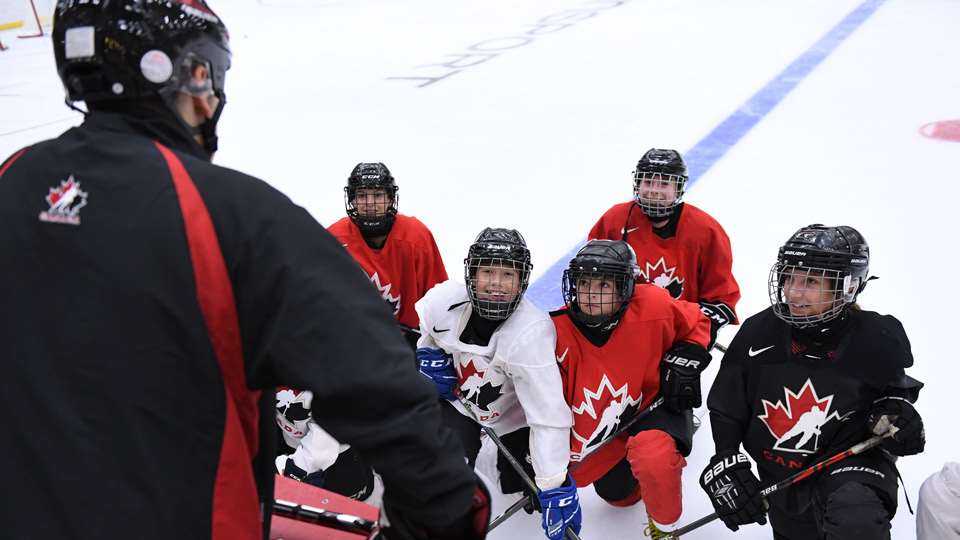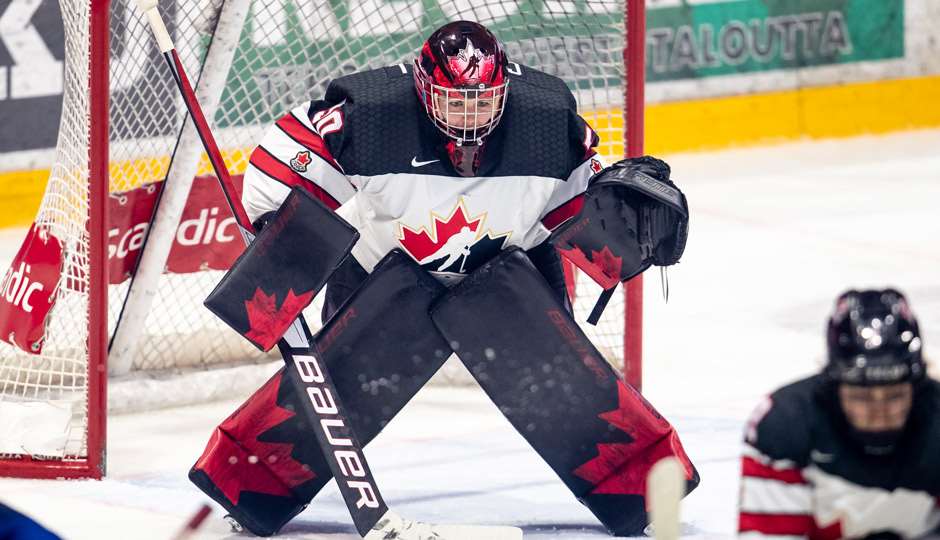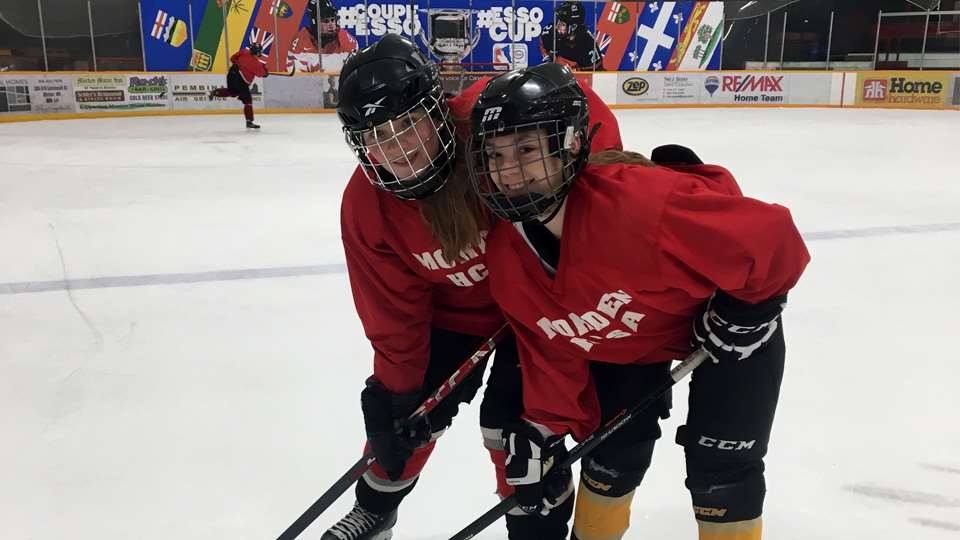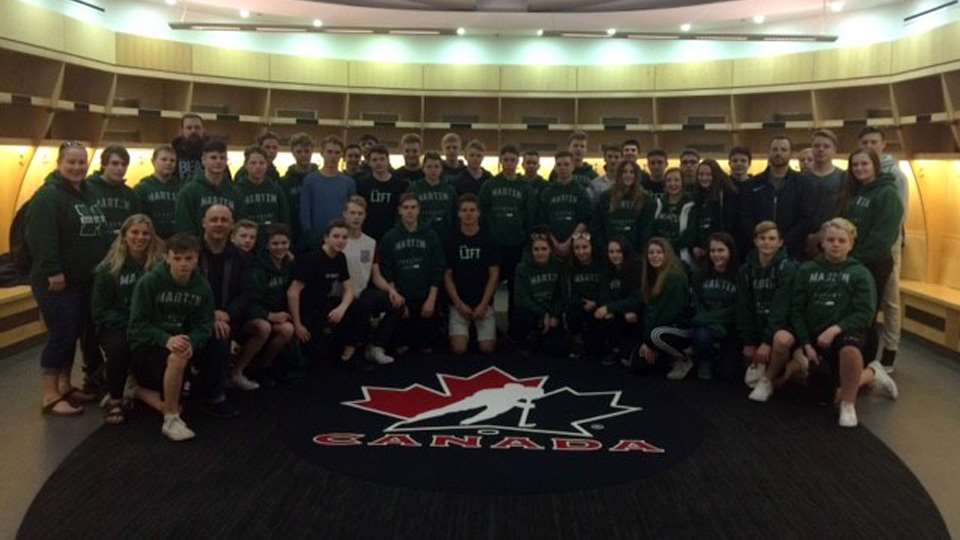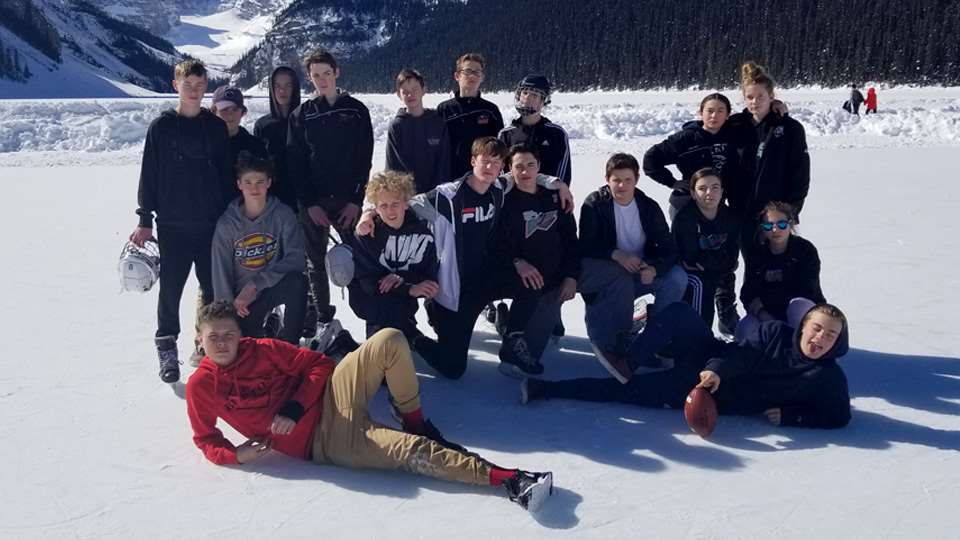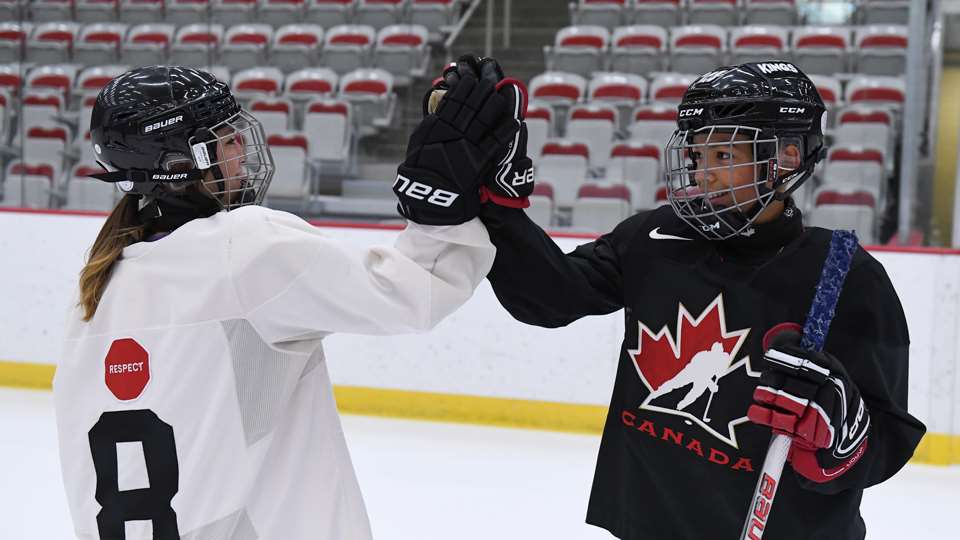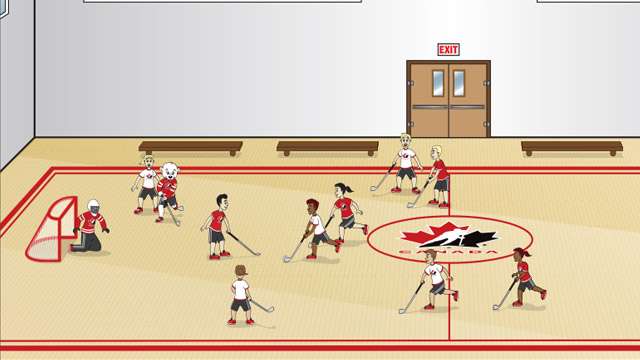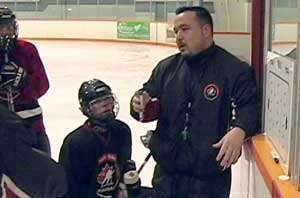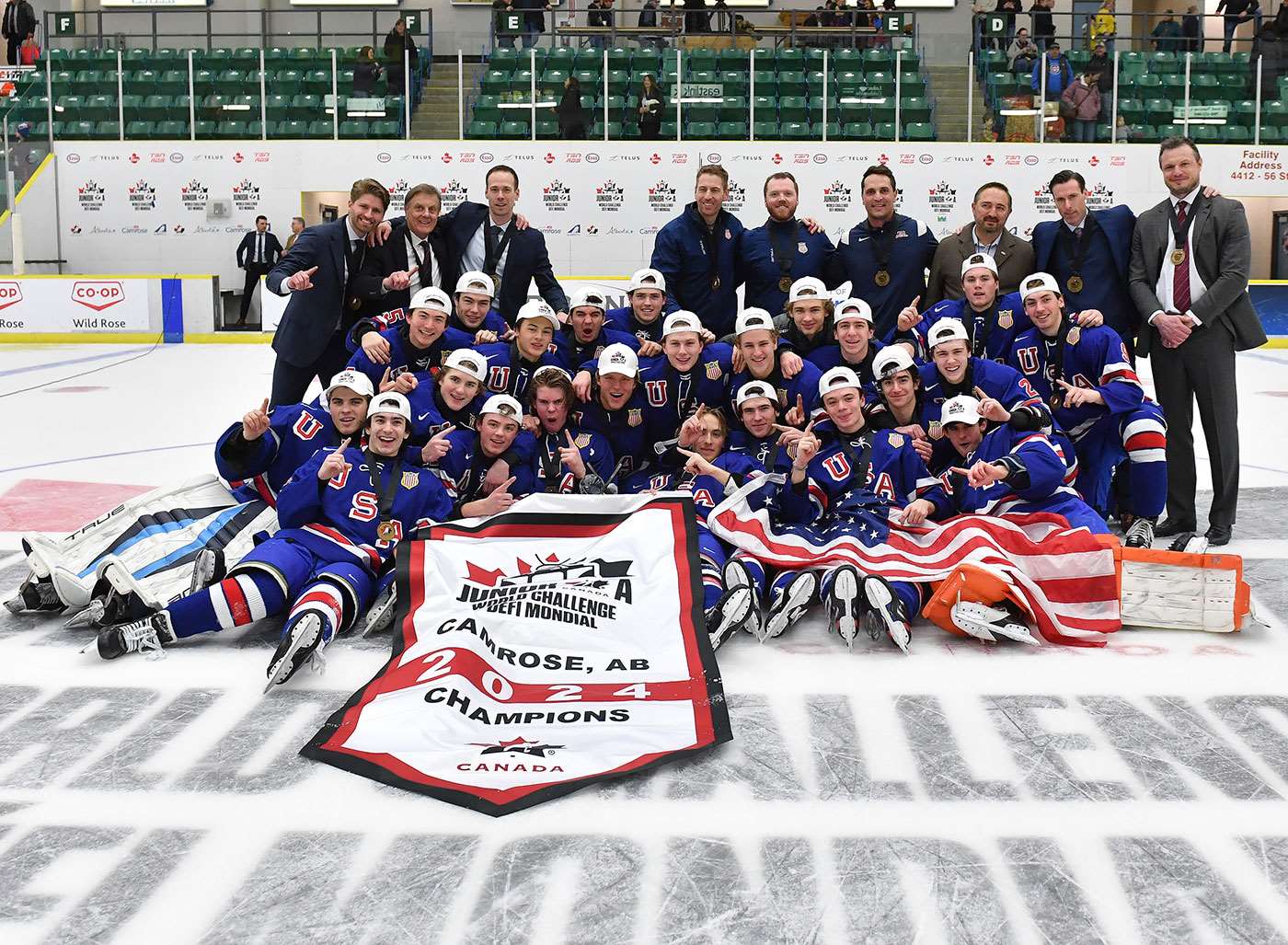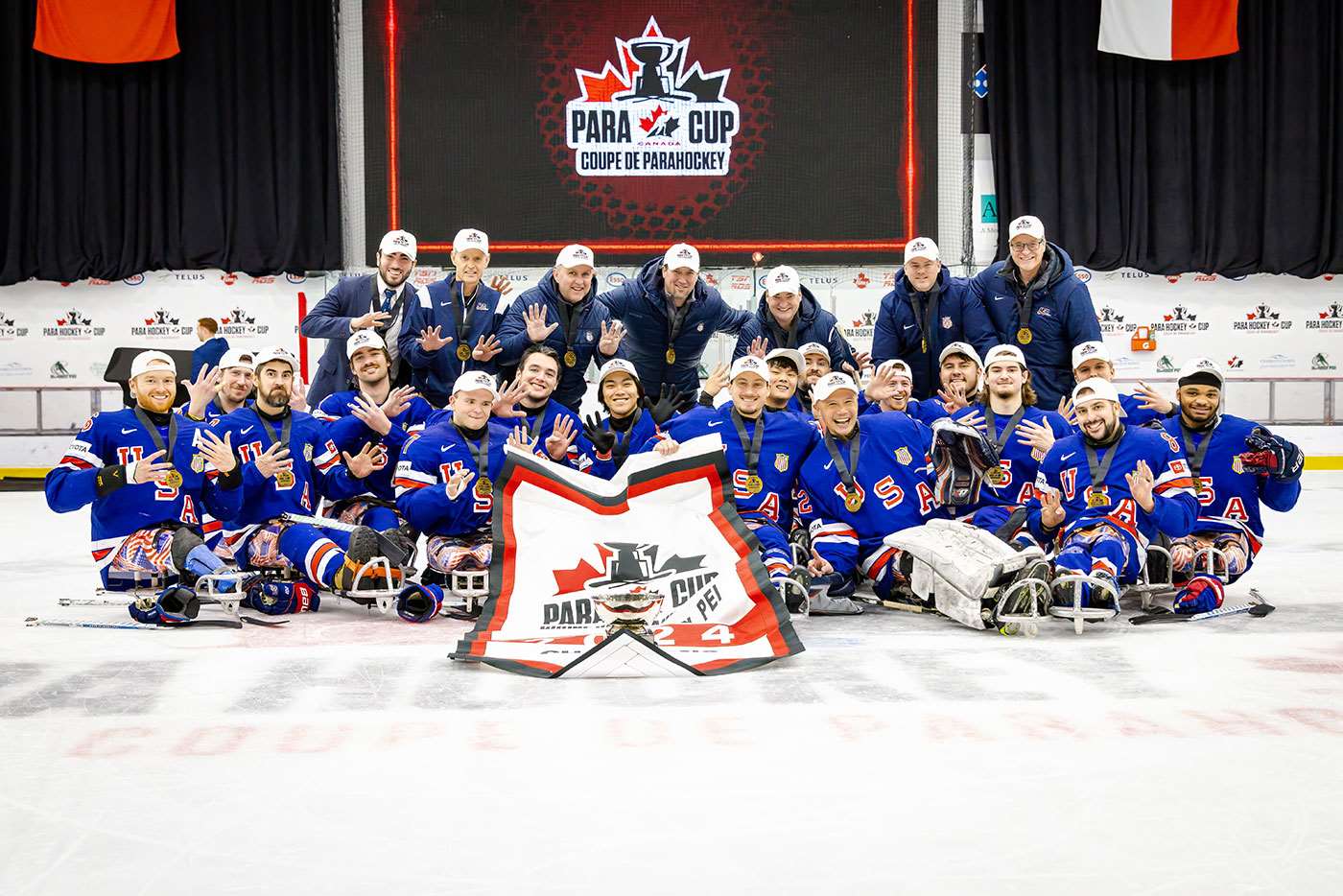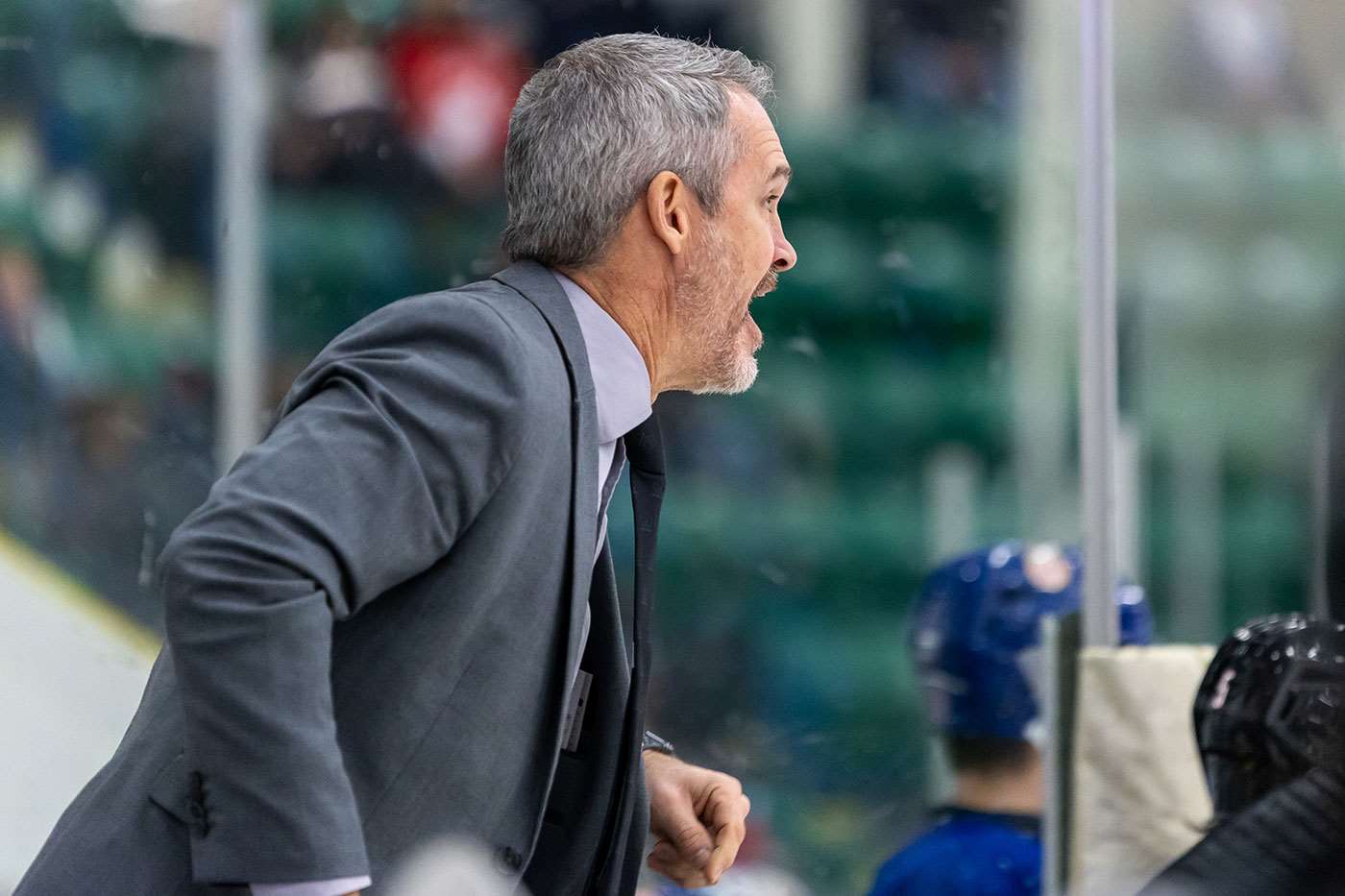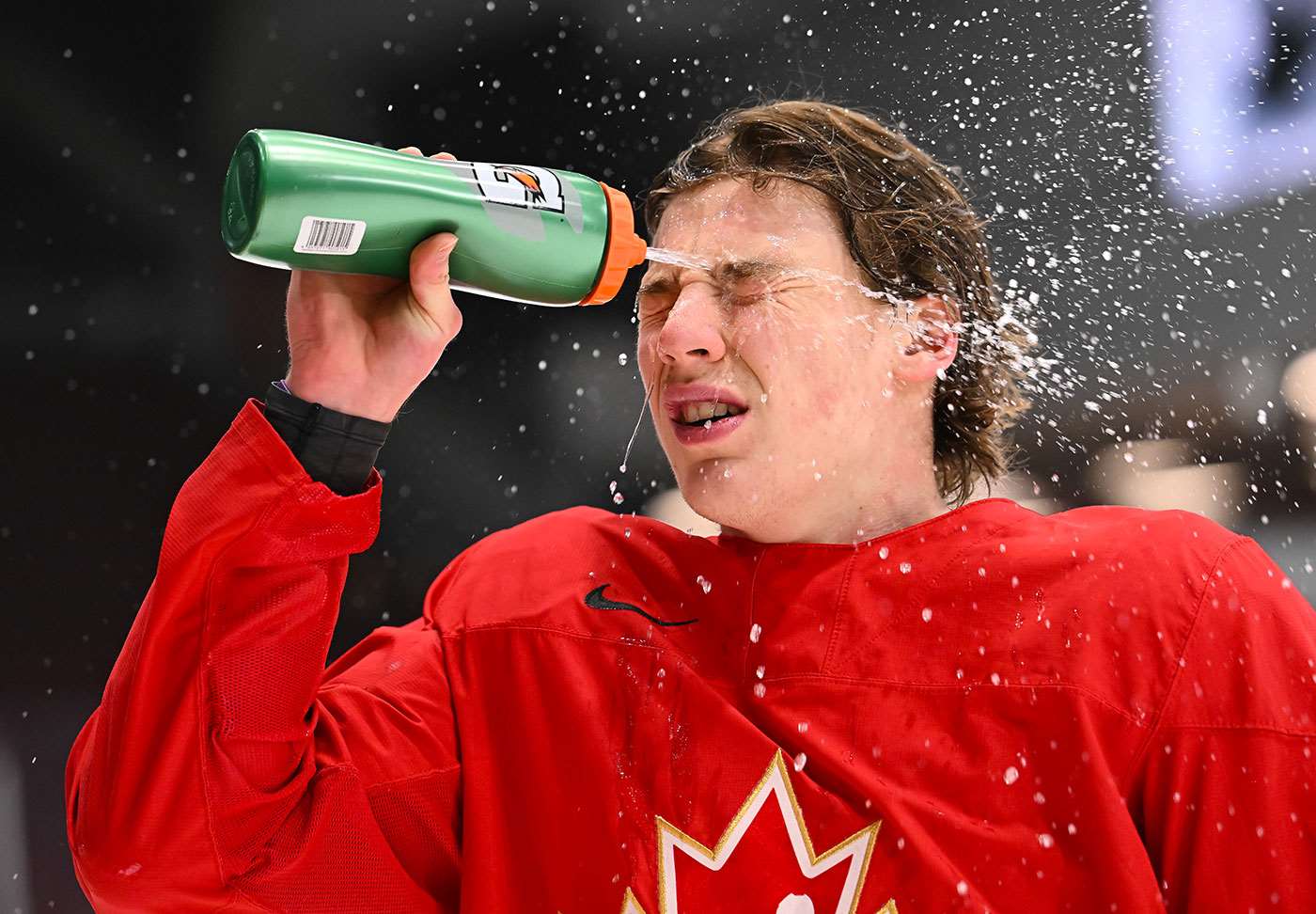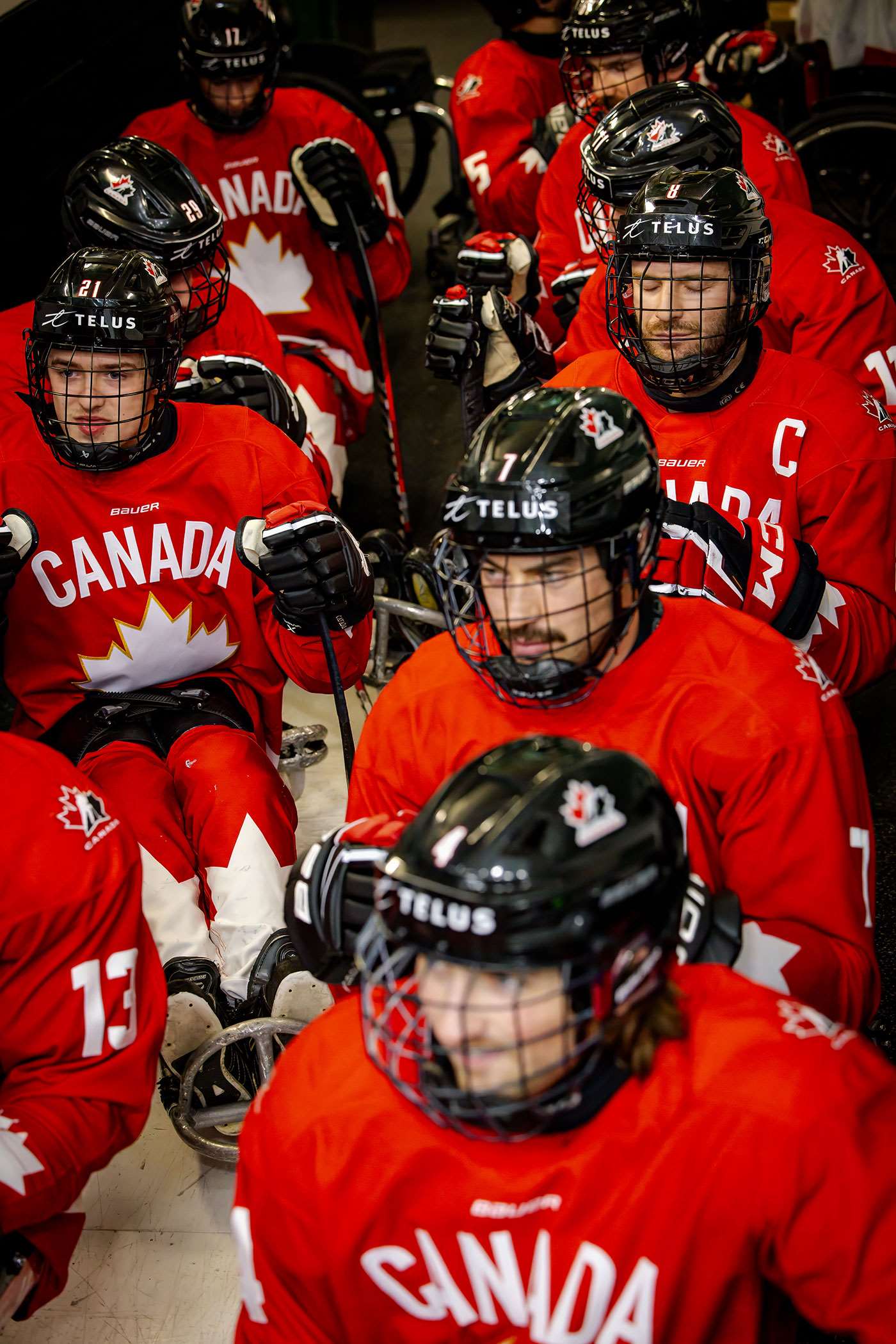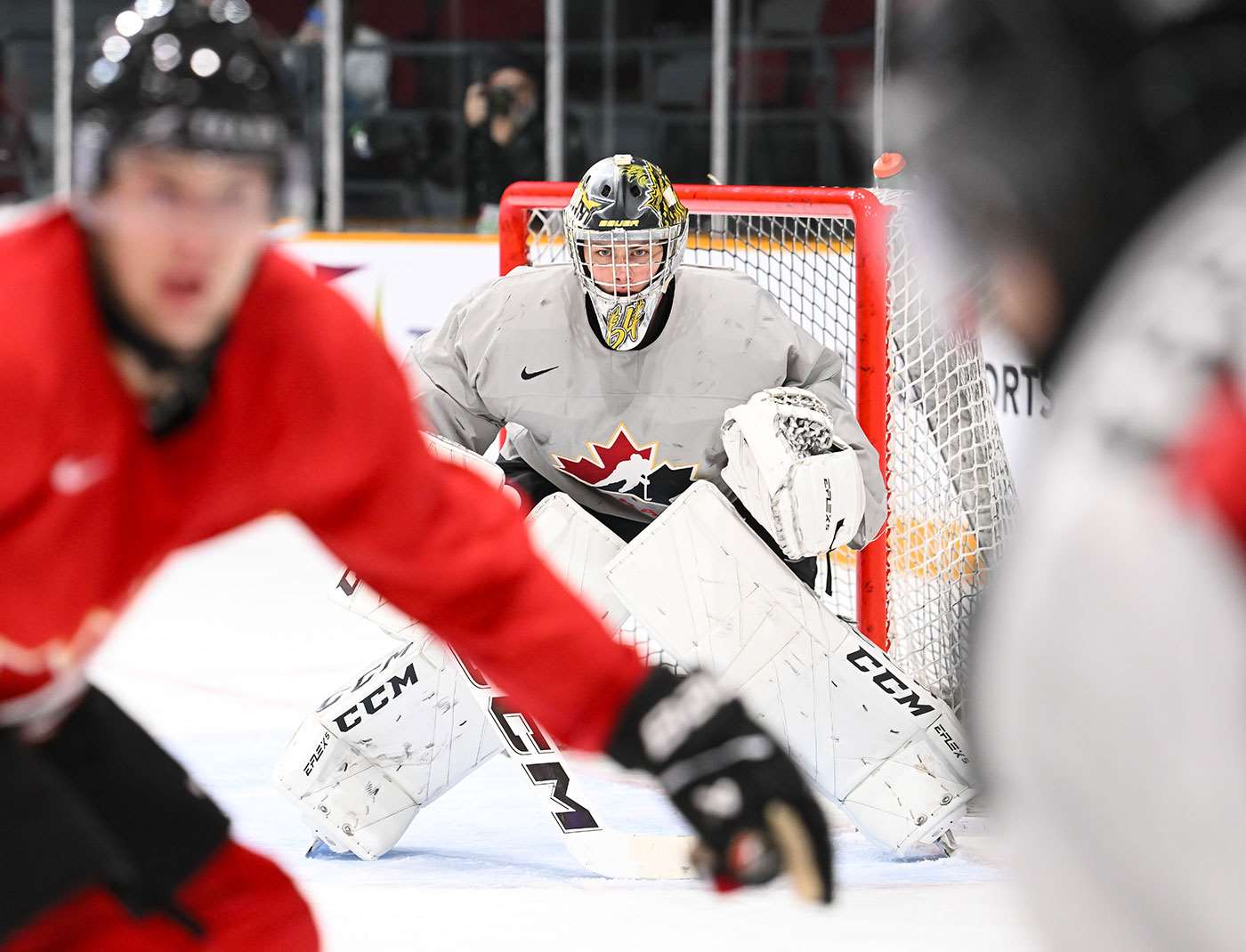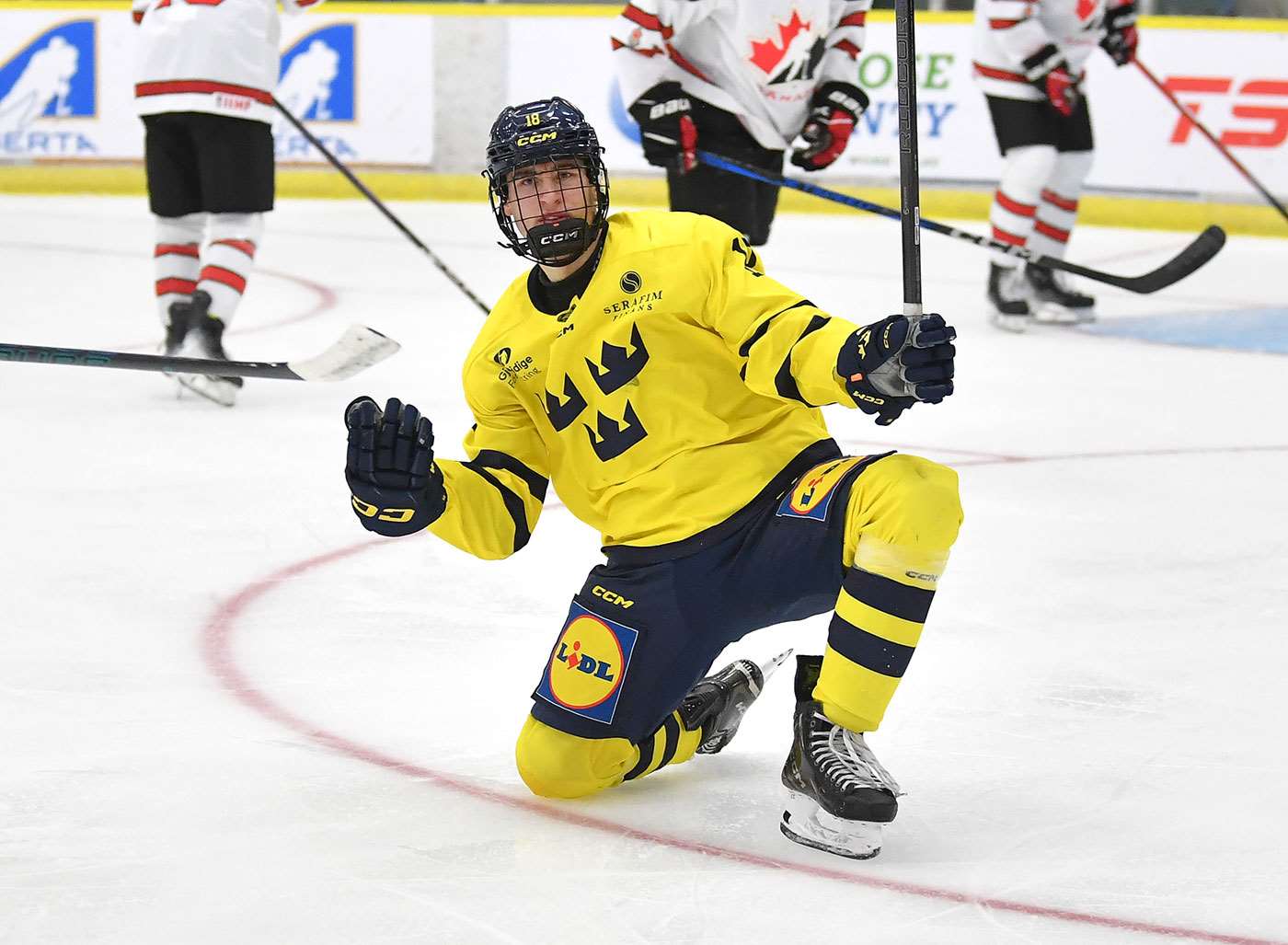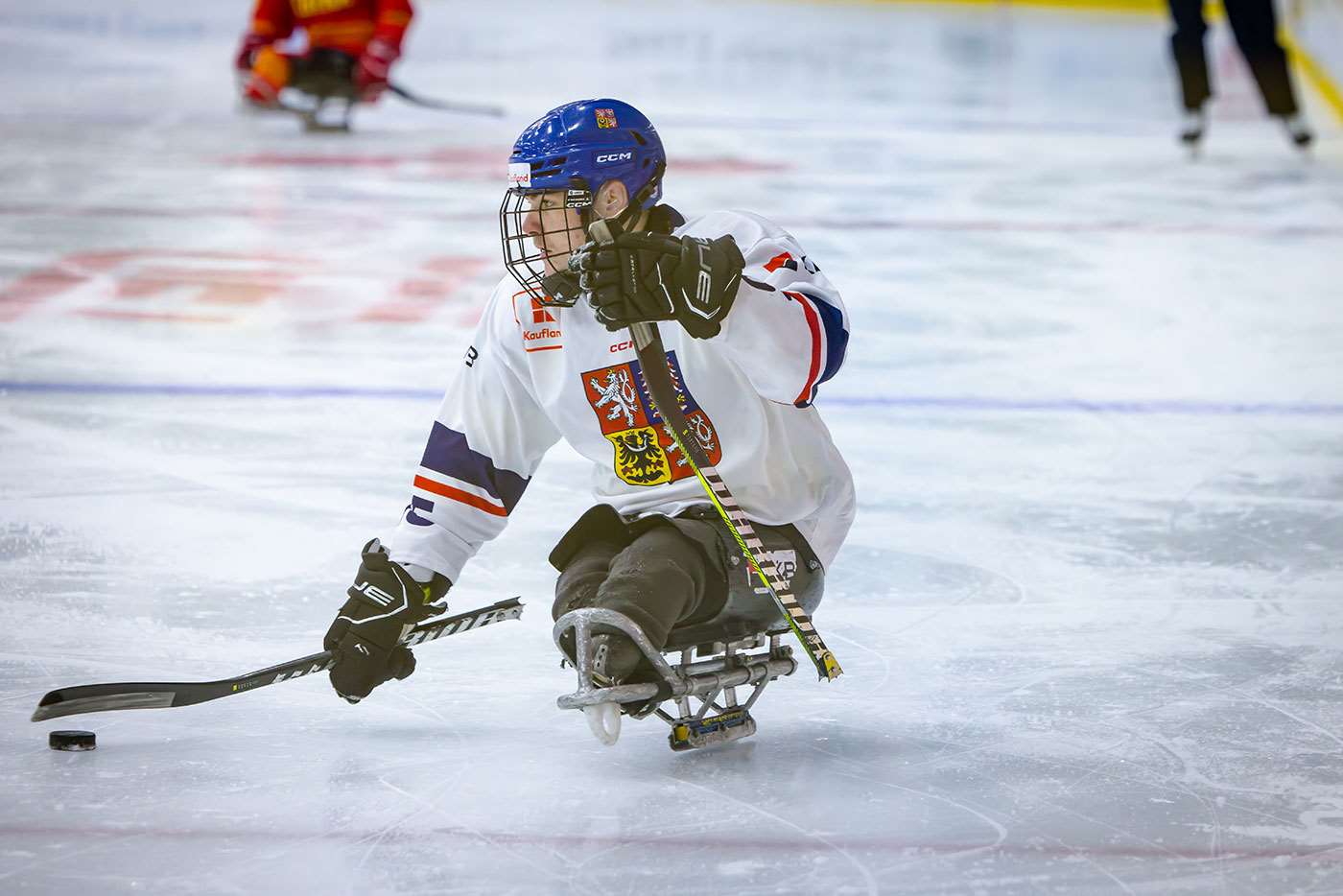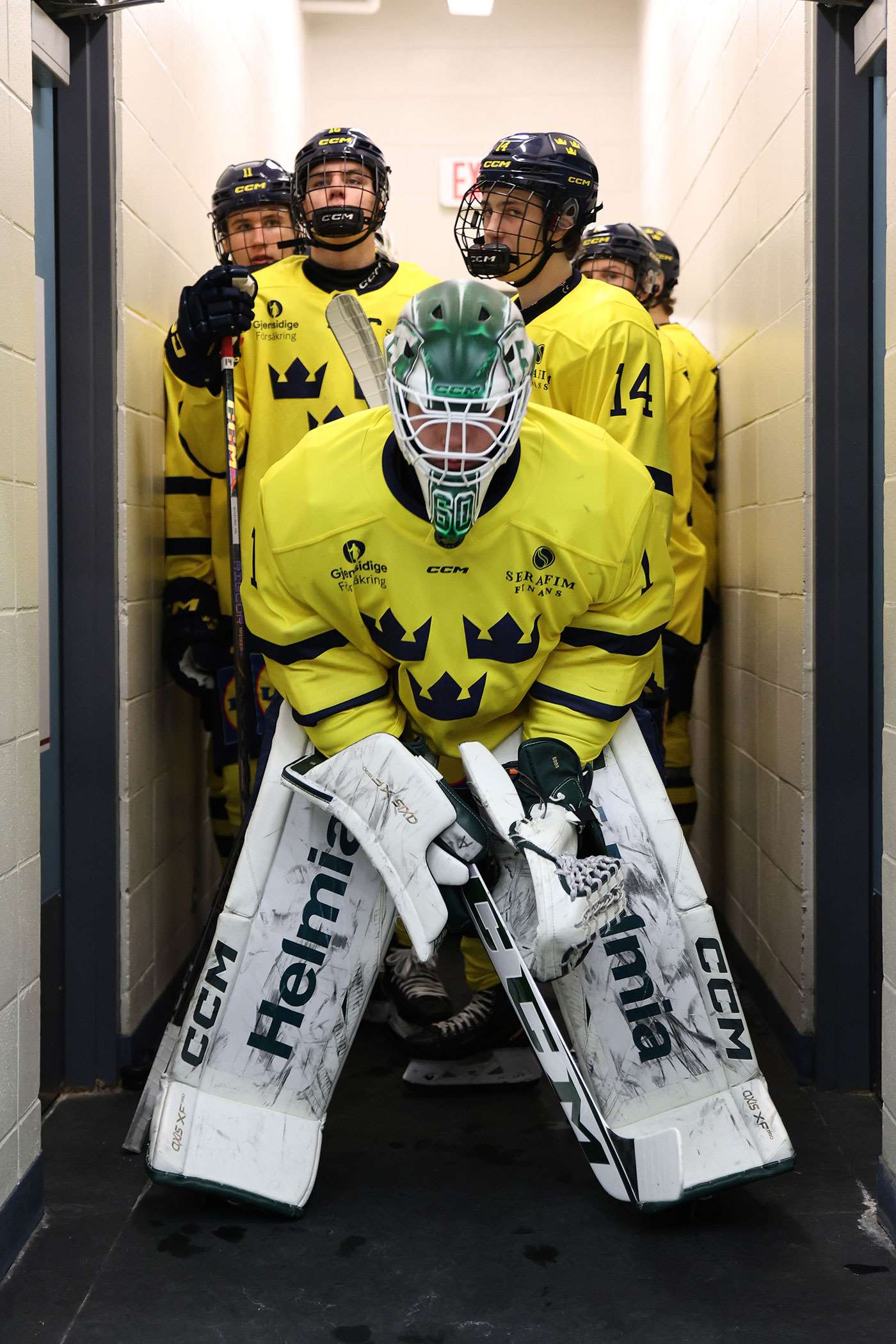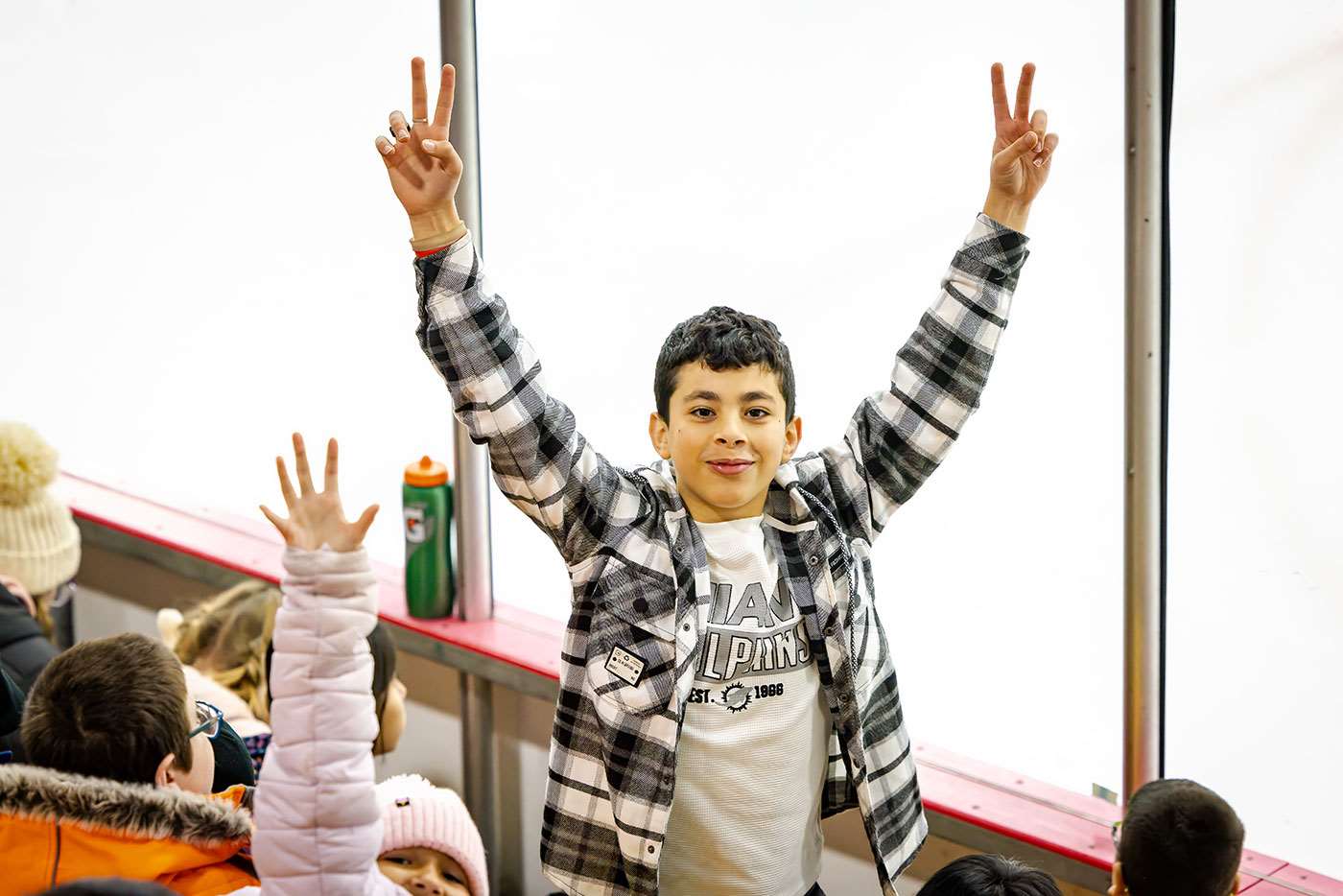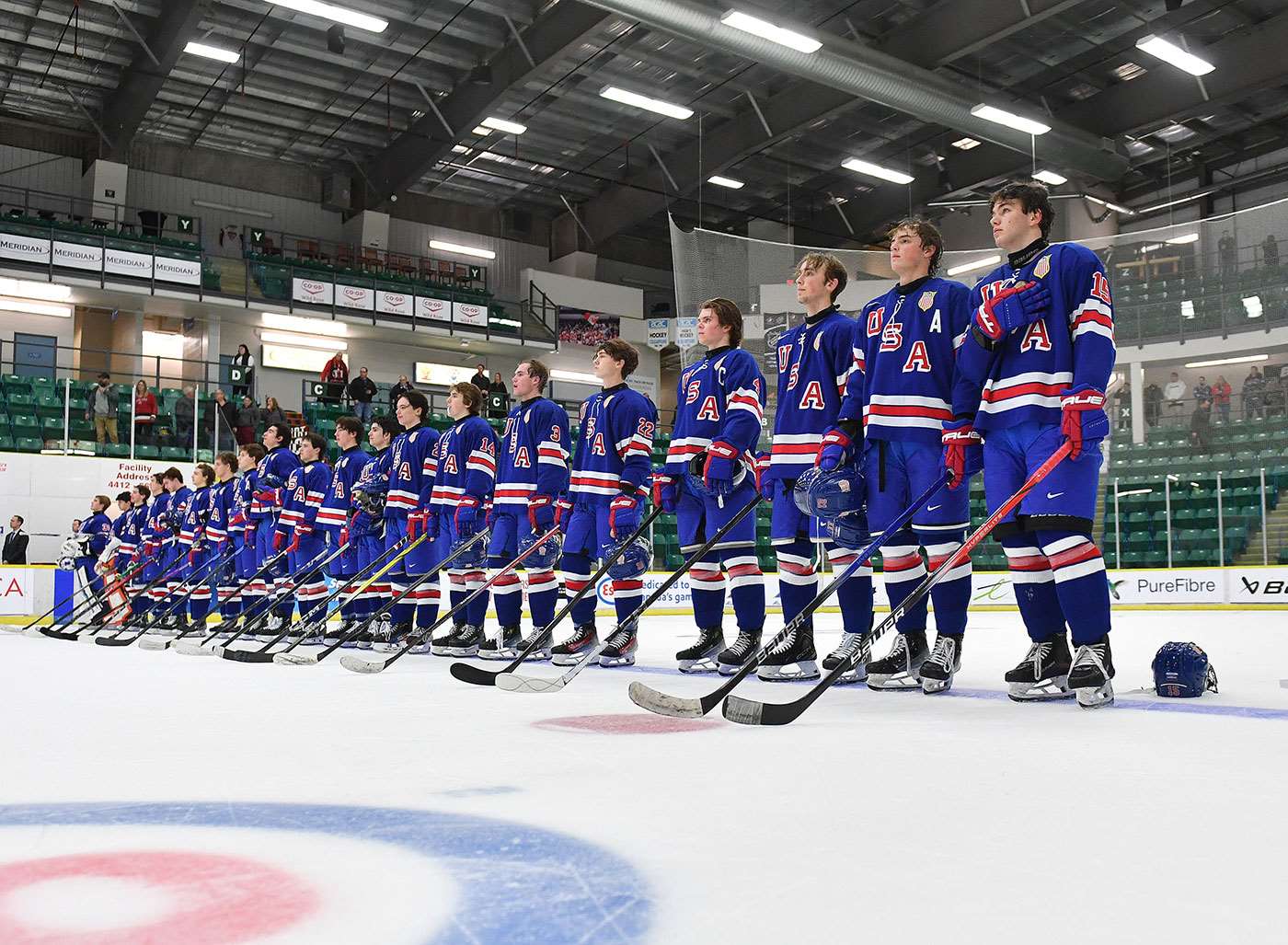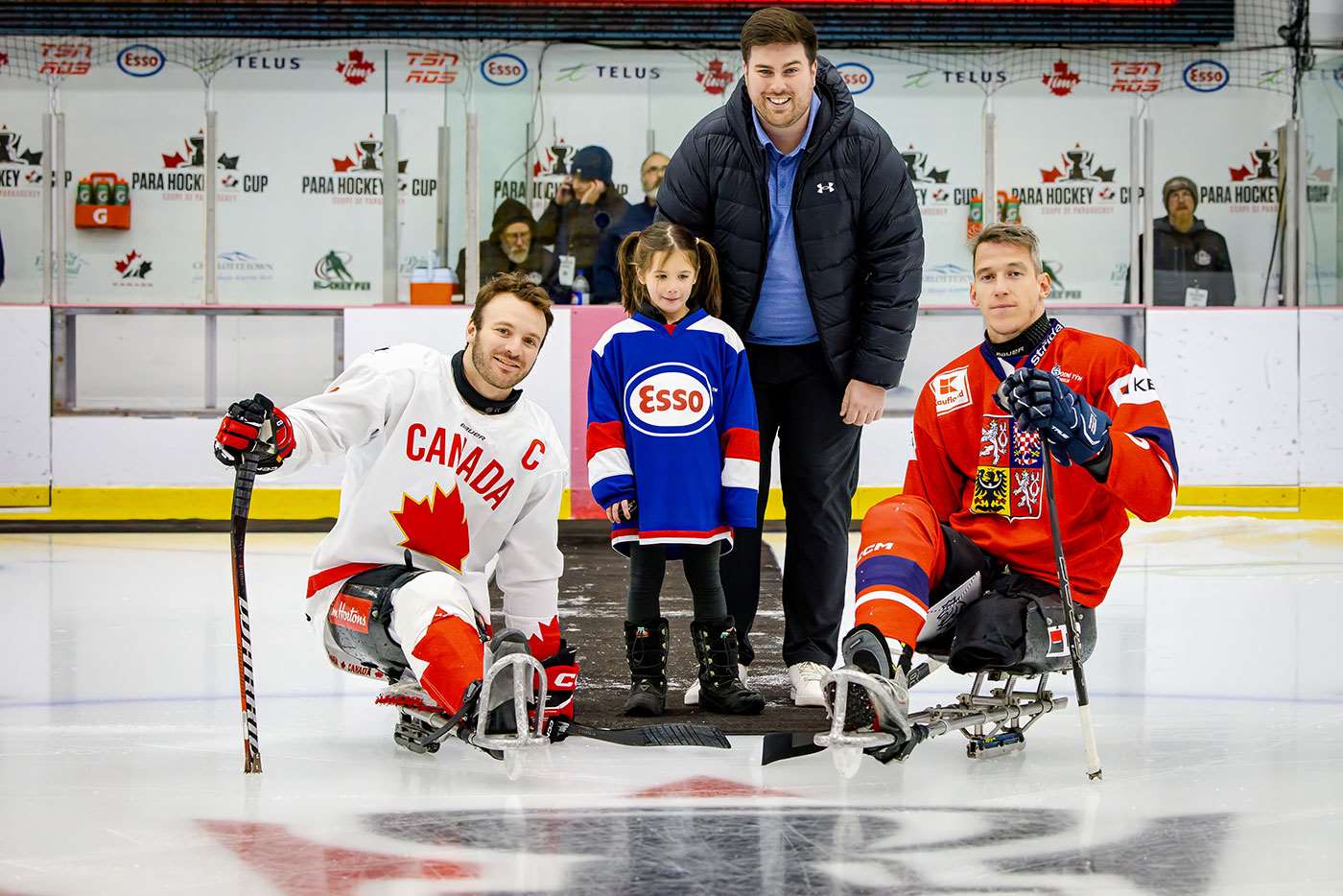
Schedule
Team Canada (Men)
IIHF World Junior Championship | Dec. 26, 2024-Jan. 5, 2025
Spengler Cup | Dec. 26-31, 2024
4 Nations Face-Off | Feb 12-20, 2025
IIHF U18 World Championship | April 23-May 3, 2025
IIHF World Championship | May 9-25, 2025
U17 World Challenge | Nov. 3-9, 2024
Hlinka Gretzky Cup | Aug. 5-10, 2024
Junior A World Challenge | Dec. 9-15, 2024
National Junior Team vs. USPORTS | Dec 12-13, 2024
Search
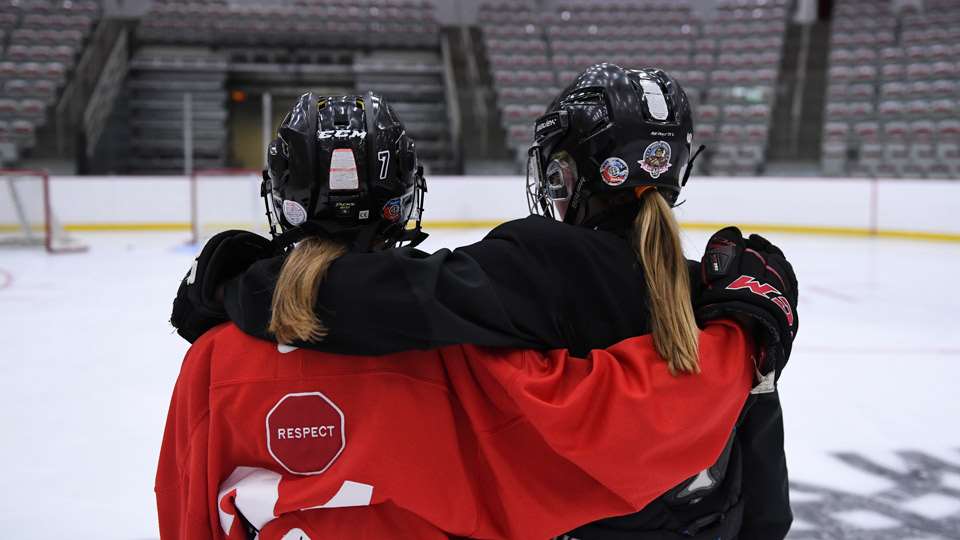
Creating a positive culture
The emphasis of inclusivity at Hockey Canada Skills Academies has helped to foster a positive culture for those who participate in our game from coast to coast to coast

At the beginning of each school year, Ryan Miller delivers the same speech to his Hockey Canada Skills Academy (HCSA) students at Osoyoos Elementary School in Osoyoos, B.C.
“We talk about what a privilege it is to be a part of an organization like Hockey Canada,” says Miller, who has helmed the hockey academy at Osoyoos Elementary for over a decade. “It is one of the top sports organizations in the world, and if you doubt that, go visit the [Hockey Canada] Hall of Champions in Calgary.
“I tell them that Hockey Canada creates a culture that values hard work and respect for every individual at the table.”
This past June, the national sports organization made a momentous step to forge a safer, more respectful and inclusive on-ice culture in Canada. Approval was granted for the adoption of Section 11 – Maltreatment in the Hockey Canada rulebook, which brings all forms of mistreatment under one umbrella. There are clear penalties for inappropriate behaviour from players and team officials.
There is also a new reporting system that will make it easier to report discriminatory incidents. Hockey Canada, like everyone, wants rinks free of discrimination based on race, ethnic origin, skin colour, religion, age, sexual orientation, gender identity and disability.
“Hockey Canada has made a firm commitment to making the game safe and inclusive for all who wish to participate, and the introduction of Section 11 provides our 13 Members, local hockey associations and officials across the country with clearly-defined criteria for enforcing rules related to many different forms of inappropriate conduct,” Hockey Canada CEO Tom Renney said when the rule was announced. “We believe this is a great step towards ensuring we limit the number of incidents that occur on and off the ice and will allow players of all ages to enjoy our game free from abuse, discrimination, racism and all forms of maltreatment.”
These changes delight Miller.
“We are seeing a change in what is accepted and not accepted. It’s nice you are seeing changes at the elite level and it is starting to trickle down to the grassroots. I still think we have a long way to go, but I do believe with so many things happening around the world with Truth and Reconciliation, and Black Lives Matter, that more awareness is out there and people are seeking to understand.”
Inclusiveness has always been a bedrock principle of HCSA institutions from coast to coast to coast, and it is an important aspect for fostering a positive culture for participants.
David Ruggiero, the long-time HCSA coordinator for Central Okanagan Public Schools until 2019, has seen students from a variety of backgrounds come through the program.
“From the start, we had a lot of international students participate. This year we have one [Mexican player] who played roller hockey before, so he is learning ice hockey this year and is doing a good job.
“The way we start the year is a talk in the classroom about the privilege of being in this program and the privilege of travelling away from the school to participate in the program. While you are at the arena, you are still a member of School District 23, so the rules and principles that apply in the classroom apply here.”
One protocol installed in the Central Okanagan Public Schools system to deal with any form of bullying in the HCSA program is having the vice-principal of each school involved in the disciplinary process, if necessary. This ensures the school’s senior administration leaders are invested in ensuring the culture within school walls, and the culture at the arena remain in alignment.
Ultimately, inspiring students to invest in the notion of being standard-bearers of respect is key to inspiring HCSA programs devoid of maltreatment, says Miller.
“We talk about how we create a culture of safety and respect. Every day we don’t really get to choose what happens to us, but we get to choose our attitude and effort, and that dictates what we do with what happens to us.
“We want to create a thinking culture. They are the bosses of themselves, so they get to decide if they want to follow me or not. I talk about how I hope to have proven myself to be trustworthy, organized and hardworking, and that I am someone who they want to follow. We want to be thinking when we watch drills, and we want to think about how to support our teammates positively.”
For more information: |
- <
- >

















